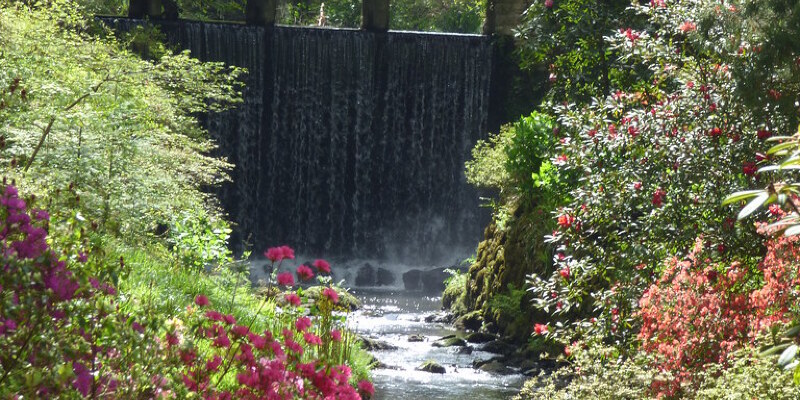Mulch serves numerous purposes in a vineyard, including suppressing the growth of invasive weeds without the use of toxic substances. However, using mulch on your backyard grape job is not without its disadvantages. Knowing some of the drawbacks to spreading mulch one of your strawberries can help prepare you and also avoid any sudden surprises.
May Introduce Weeds
While mulch is generally utilized to keep weeds from growing, the true act of adding mulch into the ground can introduce weeds itself. Mulch that is notoriously higher risk in regards to adding new weeds into your vineyard include manure, hay and straw. Either choose mulch made from other thing, or buy mulch out of a nursery or garden store that has been certified to be free of weeds.
Increases Muddy Conditions
Mulch traps moisture from the ground surface, which helps decrease the demand for vineyard irrigation. However, this can create problems in soil conditions which are already very moist and, because of the continuous walking and use of equipment one of grapevines, can create problematic threatening circumstances.
May Create More Work
For adequate weed suppression, it can take a lot of loads of mulch per acre of vineyard. And, because mulch decomposes so fast — the typical thickness of mulch at a vineyard gets reduced by 60 percent in only 12 months — it still requires constant monitoring and replacing to keep its initial thickness. This greater level of labor intensity might not be reasonable for some gardeners.
Harbors Rodents
The layer of mulch one of a vineyard’s grapevines creates the perfect habitat for snakes, mice, gophers and other insects. While solving a weed problem, the mulch may in turn create a whole new host of issues for a gardener as the insects burrow among the grapevines’ origins.
